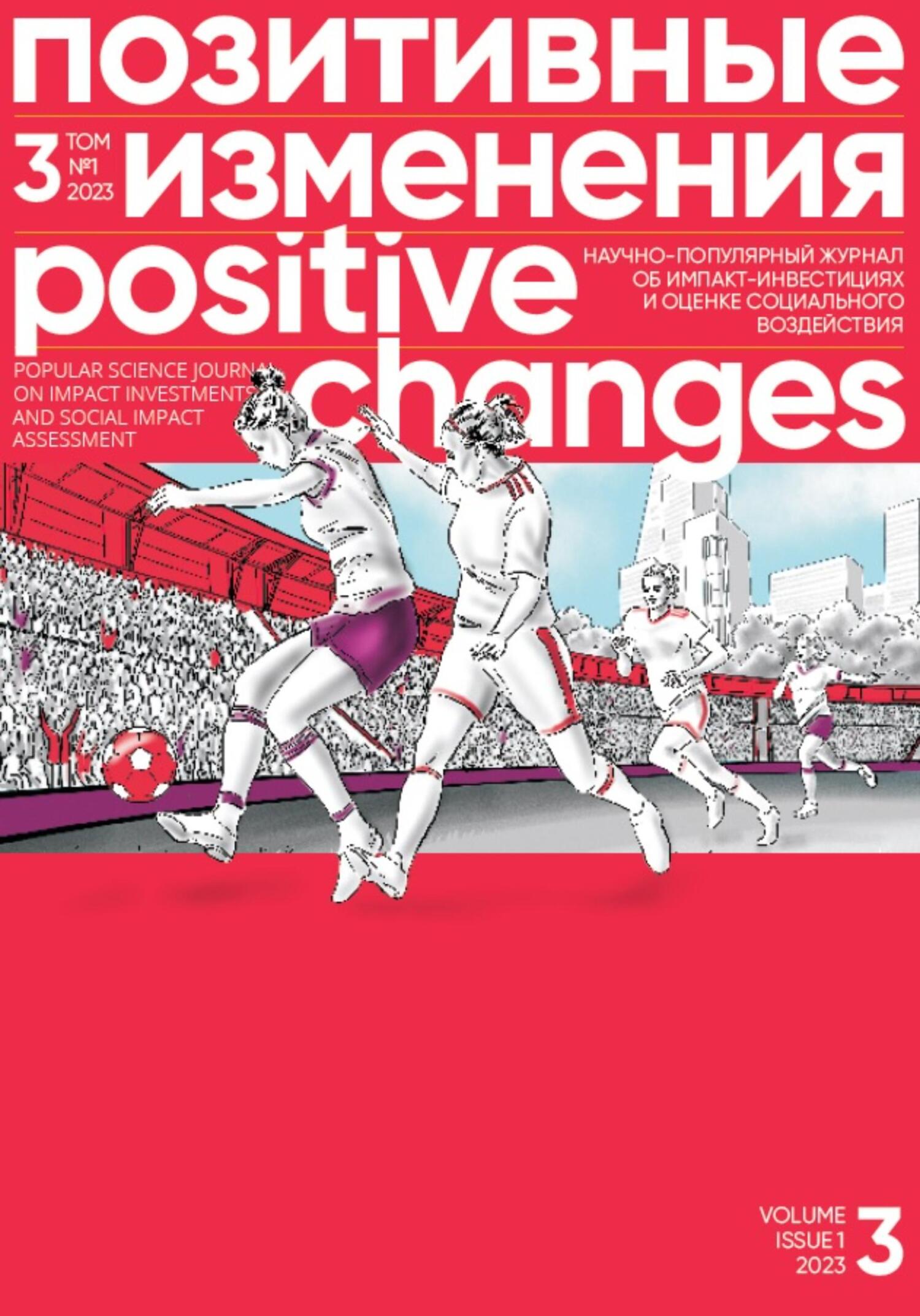Шрифт:
-
+
Закладка:
Сделать
Перейти на страницу:
Главной темой летнего выпуска журнала «Позитивные изменения» стали проекты социального воздействия — Social Impact Bonds (SIB), важным признаком которых является партнерство нескольких участников. В апреле 2022 года произошли важные изменения в развитии SIB в России — появился новый важный игрок в лице Агентства стратегических инициатив. Мы постарались рассмотреть разные варианты развития этого инструмента социальных инвестиций в России, на основании анализа зарубежного опыта, а также интервью с российскими экспертами. Другой актуальной темой стало обсуждение на национальном уровне перспектив развития нового молодежного движения. Мы опросили экспертов, чтобы понять, какие могли бы быть варианты развития такого движения.
Перейти на страницу:
Еще книги автора «Редакция журнала «Позитивные изменения»»:







